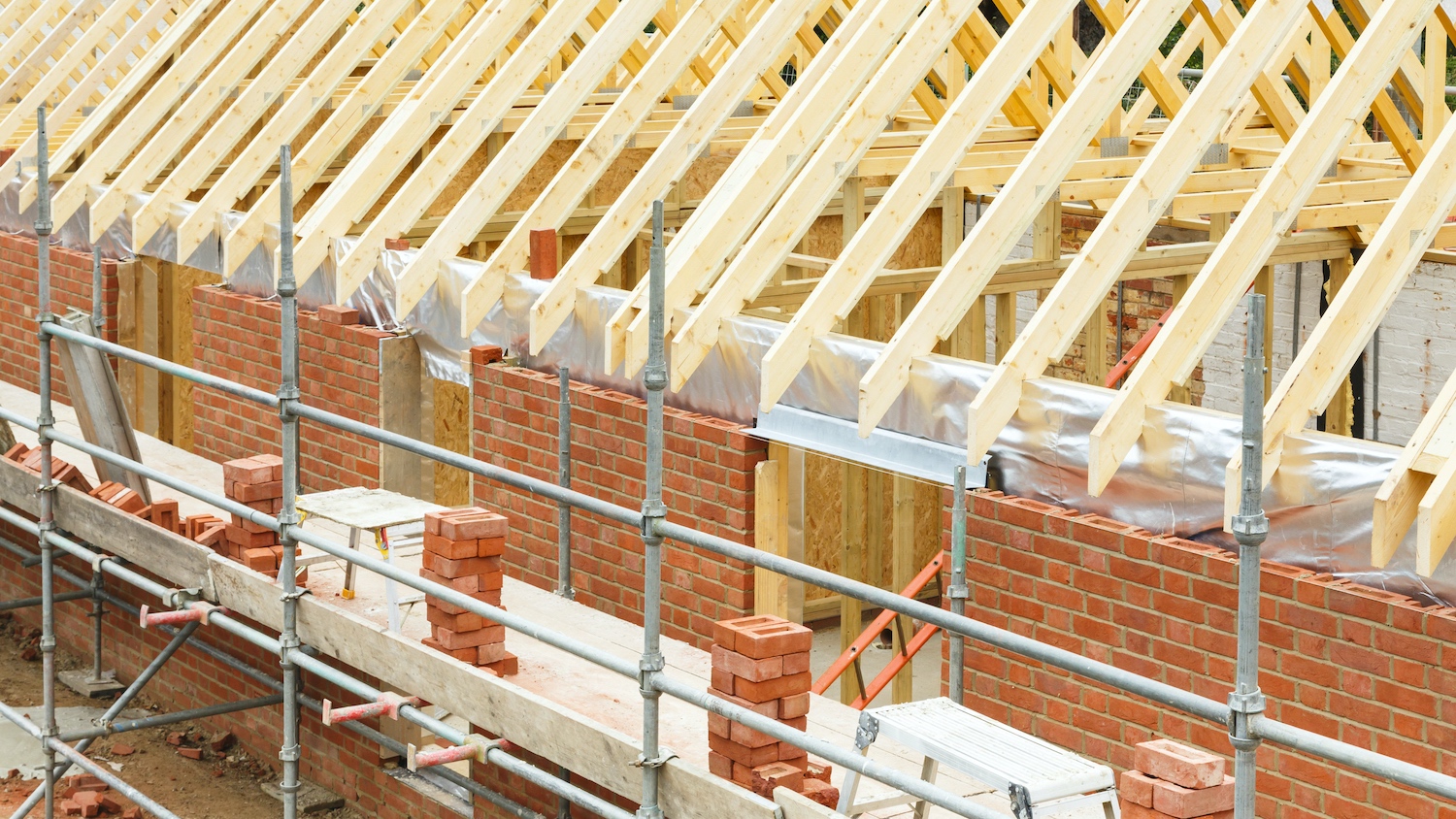
A landmark agreement between government, regulators and industry has resolved a four-year pause on housing developments in West Sussex.
The delivery of 21,000 new homes had been delayed due to concerns about the protection of local wetlands and wildlife.
Building work had been halted since 2021 due to concerns over the amount of water being taken from rivers and wetlands in the Arun Valley, which risked impacting protected wildlife and local water resources.
Work is expected to resume from 1 November, with local authorities and developers agreeing to work together to meet environmental standards.
Around 4,000 homes that were previously stalled will now proceed, while a further 17,000 will be built in the coming years.
In a statement, the government said the agreement supports its pledge to build 1.5 million new homes.
Environment secretary Emma Reynolds said: “This breakthrough ends a broken status quo and shows how we can build the homes the community needs while protecting nature.
“Under the government’s Plan for Change, we are taking a win-win approach that unlocks growth while protecting and restoring the natural world we all depend on.
“We are getting Britain building again while securing a brighter future for our precious wetlands, wildlife and local rivers.”
‘Restoring and protecting nature’
Negotiations were led through Defra’s Water Delivery Taskforce, a forum for government departments, water companies, regulators and developers to resolve issues.
Under the agreement between Defra, Natural England, the Environment Agency and Southern Water, the water company will change its water abstraction permits to limit the amount of water taken from local rivers and wetlands, and provide funding to restore habitats.
Marian Spain, chief executive of Natural England, said: “This type of sustainable development clearly shows how we can build the new homes this country needs while restoring and protecting nature.
“A thriving natural environment is at the heart of a strong economy and is vital to all of our health and wellbeing. We know that people want to live near nature and cases like this, where sound nature regulations prompted innovative solutions, mean we can continue to make that possible.”











